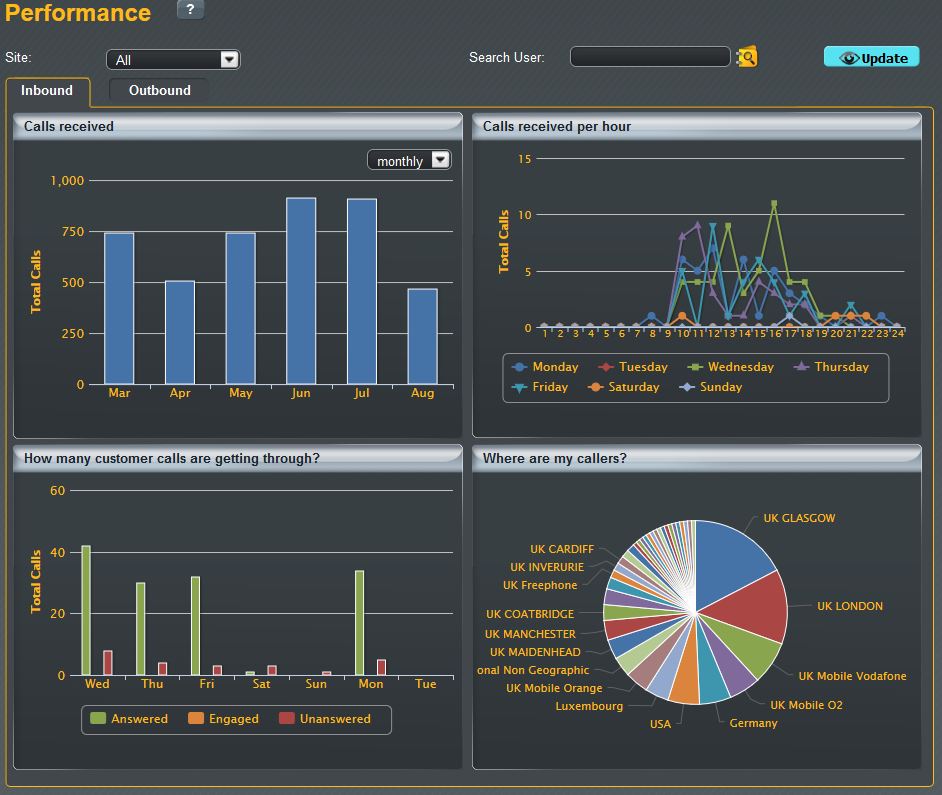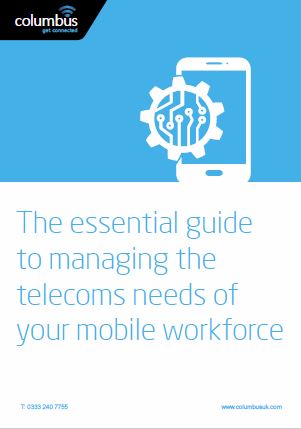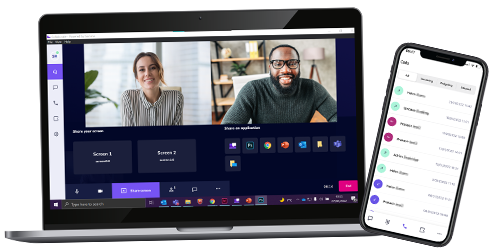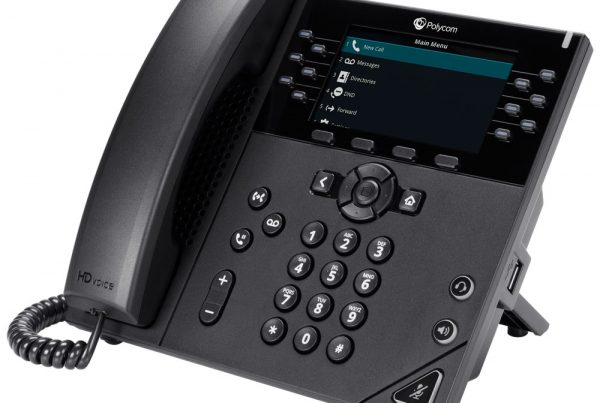
Discover the limitations of traditional phone systems and learn why you should introduce a feature-rich, flexible alternative.
There is no doubt that UK working practices have changed significantly over the last decade and the introduction of government legislation (The Flexible Working Regulations 2014) which gives employees the right to request flexible working has helped to accelerate a shift to remote and flexible working arrangements within many organisations across the UK. Whilst there are benefits to the employer and employees by offering more flexible working practices, if the operational impact and technology to enable flexible working is not considered carefully it may hamper the implementation and reduce employee productivity. One such area that merits special attention is the office phone system.
Traditional, premise-based, business phone systems are not ideal for flexible and remote working as it can be difficult to extend the system’s functionality to additional, externally located users without significant investment. Typical scenarios will involve a head office phone system user that is unable to transfer a call seamlessly to a remote worker and the call is dropped, either because the user does not have sufficient knowledge for external call transfer or the remote worker has poor mobile network coverage in their remote location for example. This is a frustrating experience for the caller who has to call back and repeat the process. It is also time wasting for the company employees and potentially could lead to loss of business. This is not a good business practice from the telecoms manager’s perspective either, as the business will be incurring additional call charges for forwarding calls to external numbers.
In contrast, an on demand, scalable, feature-rich, hosted telephony solution will provide significant advantages from cost and efficiency perspectives which will ensure that staff are always connected to head office and easily reachable. Additionally, all calls between head office and remote workers are free of charge thereby eliminating call forwarding charges associated with traditional phone systems.
- By investing in cloud-based services, businesses can access a solution that gives them the ability to scale their lines quickly and easily to meet demand wherever they are required.
- Rather than paying for unused capacity, the agile business can scale resources, meaning they will only ever have to pay for what they need.
- Businesses can use the most up-to-date and cost-effective technology to ensure they remain compliant at all times. For example, this can include the ability to record calls, wherever the user is located.
- Cloud-based telephony allows businesses to pay for what they need in one fixed, monthly payment. This will include installation, handsets, softphones and maintenance. This means you’ll be able to account and budget for your full communications spend each month
Download the ‘Essential Guide to managing the telecoms needs of your mobile workforce’ below.
If you need advice or you would like to discuss your business telecoms and technology challenges why not speak to one of our friendly and experienced experts on 0333 240 7755. We would be delighted to help you.
Get in touch with Columbus UK today




